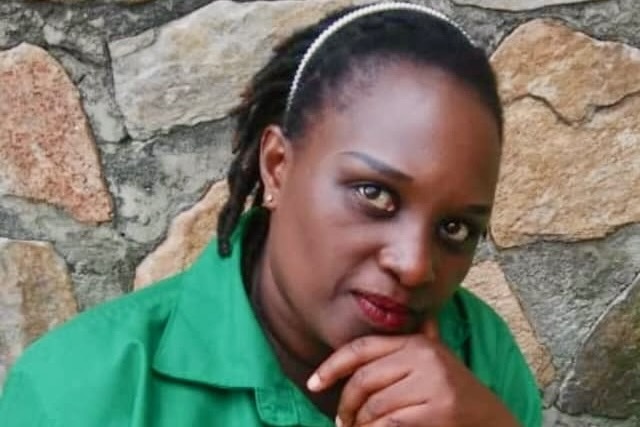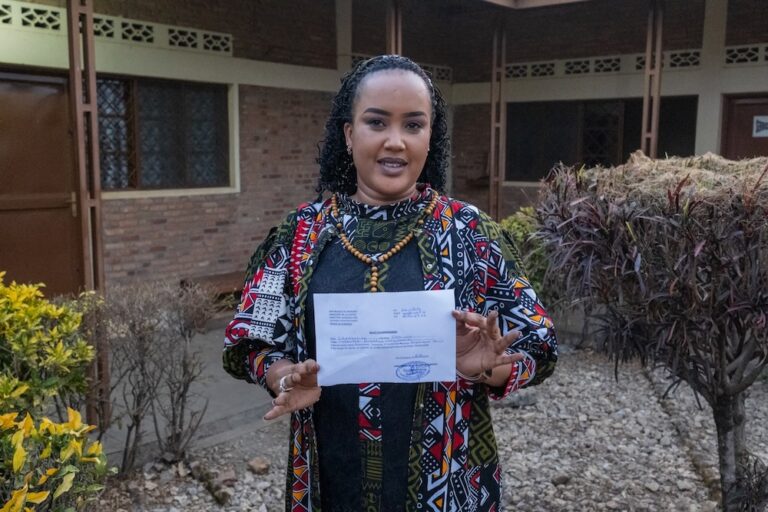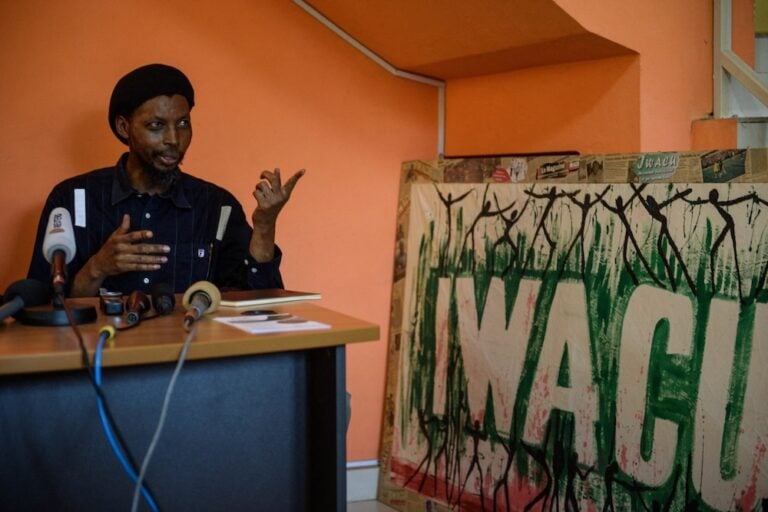Although the release of two of three lawyers arrested since mid-July was a positive step, the government should immediately end the harassment of both lawyers and journalists, Human Rights Watch and CPJ said.
(Human Rights Watch/IFEX) – New York, August 11, 2011 – The Burundi authorities’ arrests of lawyers and intimidation of journalists are cause for concern, Human Rights Watch and the Committee to Protect Journalists said today. Although the release of two of three lawyers arrested since mid-July, 2011, was a positive step, the government should immediately end the harassment of both lawyers and journalists, the organizations said. Charges against one of the released lawyers remain pending, and a third lawyer also arrested in late July remains in detention on charges that appear to violate international law.
“Lawyers and journalists shouldn’t have to fear harassment, or even arrest, for speaking to each other,” said Daniel Bekele, Africa director at Human Rights Watch. “Prosecutors in Burundi should enforce the legal protection of human rights, not punish people who are exercising their rights.”
A Burundian prosecutor ordered the arrest of one lawyer, Suzanne Bukuru, on July 15, 2011, on charges of “complicity in espionage” after she facilitated an interview between her clients, complainants in a rape case, and French journalists who were legally working in Burundi. She was provisionally released on August 1, with charges pending.
On July 27, police arrested Isidore Rufyikiri, president of the Burundi Bar Association, for “insulting magistrates” after he spoke at a rally in the capital, Bujumbura, in support of Bukuru. Rufyikiri was released on August 5, and the charges against him were dropped.
Members of the Burundian bar went on strike during the last week of July in a show of solidarity with Rufyikiri and Bukuru. This week, about 70 members of the Burundian bar are sitting-in in front of the appeals court to protest the detention of another lawyer, François Nyamoya, a spokesman for the opposition party Movement for Solidarity and Democracy (Mouvement pour la solidarité et la démocratie, MSD), who was arrested on July 29.
Nyamoya, who was accused of tampering with witnesses during a 2004 murder trial, is also the lawyer for a radio journalist, Bob Rugurika, who has been harassed repeatedly by the government. The charges against Nyamoya are based on a new penal code, which was not in effect at the time of the alleged offense. The charges were subject to a three-year statute of limitations for misdemeanors under the previous penal code.
Both the African Charter on Human and Peoples’ Rights and the International Covenant on Civil and Political Rights, to which Burundi is party, strictly prohibit the retroactive application of criminal offenses and penalties.
Authorities have also repeatedly intimidated journalists in connection with broadcasts perceived as critical of the government. Rugurika, chief editor for African Public Radio (Radio Publique Africaine, RPA), has been summoned by the Bujumbura public prosecutor’s office four times since July 18, to explain recent broadcasts discussing political developments. The harassment began after RPA broadcast a report on an opposition party’s appeal for dialogue and covered an opposition coalition’s news conference. A prosecutor accused Rugurika of disseminating “information that incites the population to civil disobedience.”
On another occasion, RPA aired a story revealing that one of the officials appointed to a committee that is to plan an envisioned truth and reconciliation commission was himself named as an alleged perpetrator in a 1996 UN report on crimes against humanity. Following that broadcast, the public prosecutor’s office accused Rugurika of “disseminating information that incites ethnic hatred.”
Patrick Mitabaro, the editor in chief for Radio Isanganiro, has also been formally summoned by prosecutors to explain his station’s media reports. On May 3, he was accused of “dissemination of information that may affect the security of the state” after airing an interview with an exiled opposition leader who questioned a government bill that required all political parties to re-register within six months. On August 1, Mitabaro was accused of “dissemination of language that insults the judiciary” after broadcasting an interview with Rufyikiri in which he contended that certain judges were dishonoring the judiciary by their actions.
Rugurika and Mitabaro were called into the public prosecutor’s office once again on August 9, for questioning.
“It is deeply worrying that journalists in Burundi are frequently harassed when they broadcast or publish views that are perceived as critical of the government,” said Mohamed Keita, Africa Advocacy Coordinator for the Committee to Protect Journalists. “The constant demands that journalists formally appear before judicial authorities seem designed to intimidate them and prevent them from doing their legitimate work.”
( . . . )


